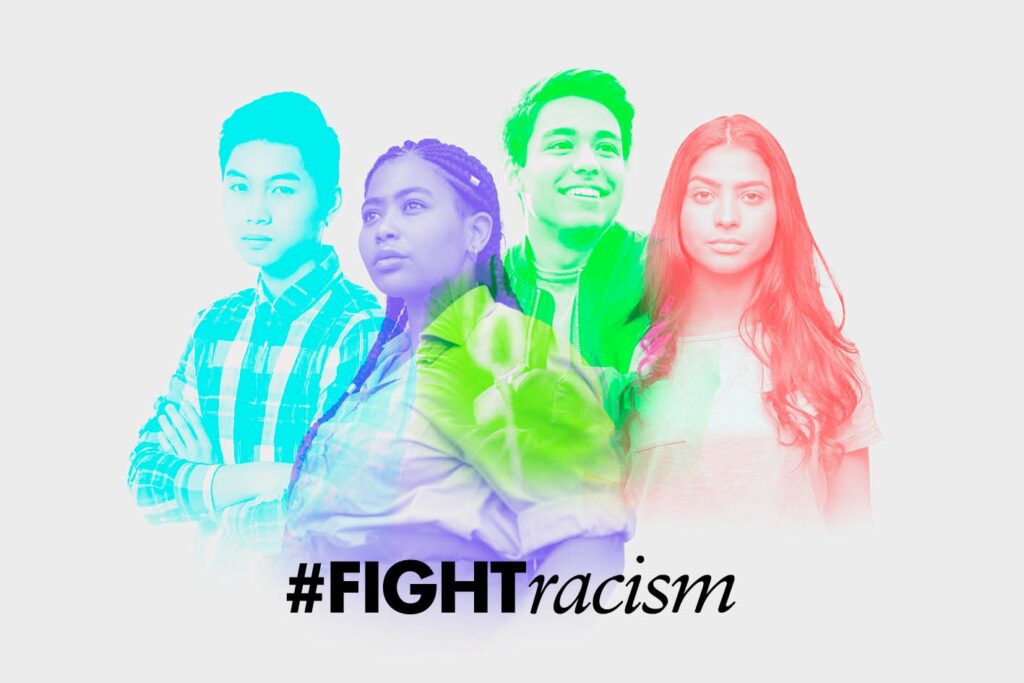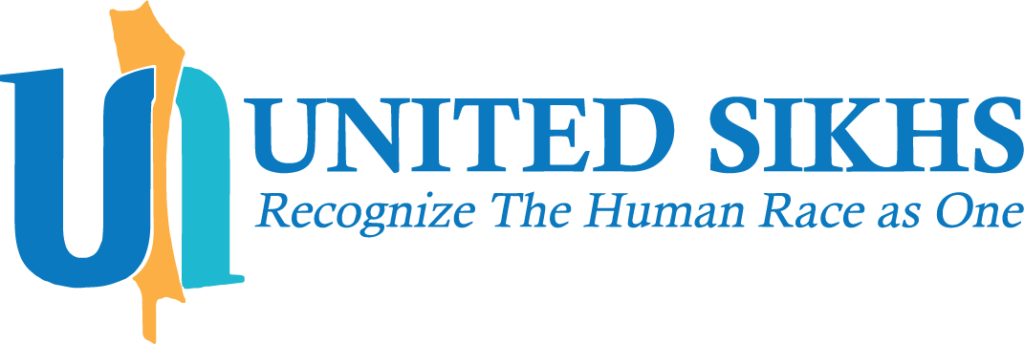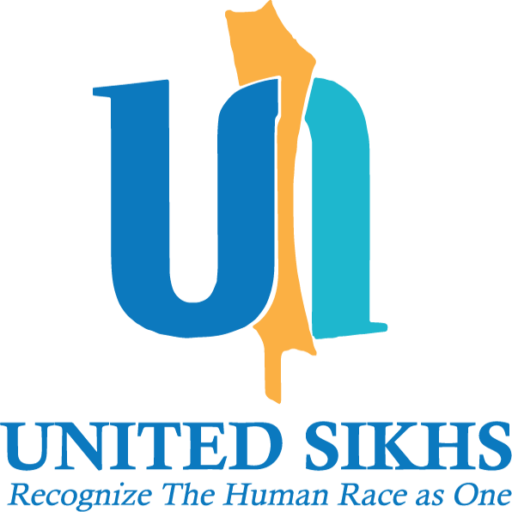
March 21, 2021
New York, NY
On March 21, 1960, South African police massacred 69 people who were peacefully protesting racist “pass laws”. Pass laws were relics from when enslaved, non-European South Africans were forced to carry passes so that the people who claimed to own them could track them. After slavery was abolished, non-European South Africans continued to be forced to carry passes so that their movements could be controlled to ensure a steady supply of labor for White farmers. In the township of Sharpeville, the residents gathered, purposefully leaving their passes at home. They marched to the local police station and stated they refused to carry their passes. A few hours into the peaceful protest, without any warning, the police shot at the crowd, killing 69 people and injuring over 180 others. Today marks the 61st anniversary of the Sharpeville massacre which is now also known as the International Day for the Elimination of Racial Discrimination. Everyone is invited to join together in standing up against racial prejudice and intolerance.
In the USA, we have been seeing a steady increase in bias crimes throughout the country. The Department of Justice began collecting data in 1991, publishing their data every year in the annual Hate Crime Statistics Annual Reports. The latest reports show that hate crimes have risen dramatically in these past few years. The latest report showed the highest level of hate crime murders since the Department of Justice began keeping statistics in 1991. Manvinder Singh, Director of Advocacy stated, “We at UNITED SIKHS believe anti-Sikh bias incidents have been increasing. Our community is often targeted because of our attire. However, many don’t report the incidents to the authorities.” It is widely accepted that bias incidents often go unreported so the Hate Crimes Statistics Annual Report is likely an undercount. Since the Covid-19 pandemic began, there has been a dramatic increase in anti-Asian hostility, with incidents ranging from verbal abuse to spitting, violence, and unprovoked attacks. Most recently, in Georgia, a young White man killed eight people, six of them of Asian descent, with an assault rifle he had purchased earlier that day.
UNITED SIKHS is grateful that the new administration is taking the initiative to address some aspects of racism in the USA. The Executive Order, Advancing Racial Equity and Support for Underserved Communities Through the Federal Government is promising as there is much that needs to be done to reverse the impact of prior racist legislation. There is also much that needs to be done to address racism in our society. UNITED SIKHS has been advocating for the rights of Sikhs and all marginalized groups regardless of creed, national origin, race, gender, or gender identity since 1999. Our experience tells us that the BIPOC (Black, Indigenous, People of Color) communities experience additional harm if they must endure the emotional toll of hate crimes, bias, and racially motivated harassment without support from local law enforcement. It is crucial, therefore, that the Department of Justice create national standards for documenting, investigating, and reporting hate crimes. It is also imperative that reporting be mandated nationally. Currently, hate crime reporting is done on a voluntary basis and only a small number of agencies are participating in reporting. Hate crimes impact entire communities so the investigation and public reporting must be done in an intelligent and sensitive manner. In the above-referenced murder of eight people in Georgia, the police officer providing information about the investigation minimized the culpability and actions of the alleged murderer. It was later found that the very same officer reporting the crime to the community had made multiple anti-Asian posts on Facebook. Greater training would decrease ignorance that results in racism and provide greater screening to ensure that BIPOC communities can trust the agencies meant to help them.
UNITED SIKHS appreciates all efforts by the current administration to address racial discrimination and will continue to serve all marginalized communities.
ICHRA
UNITED SIKHS joins the world in commemorating the International Day for the Elimination of Racial Discrimination





